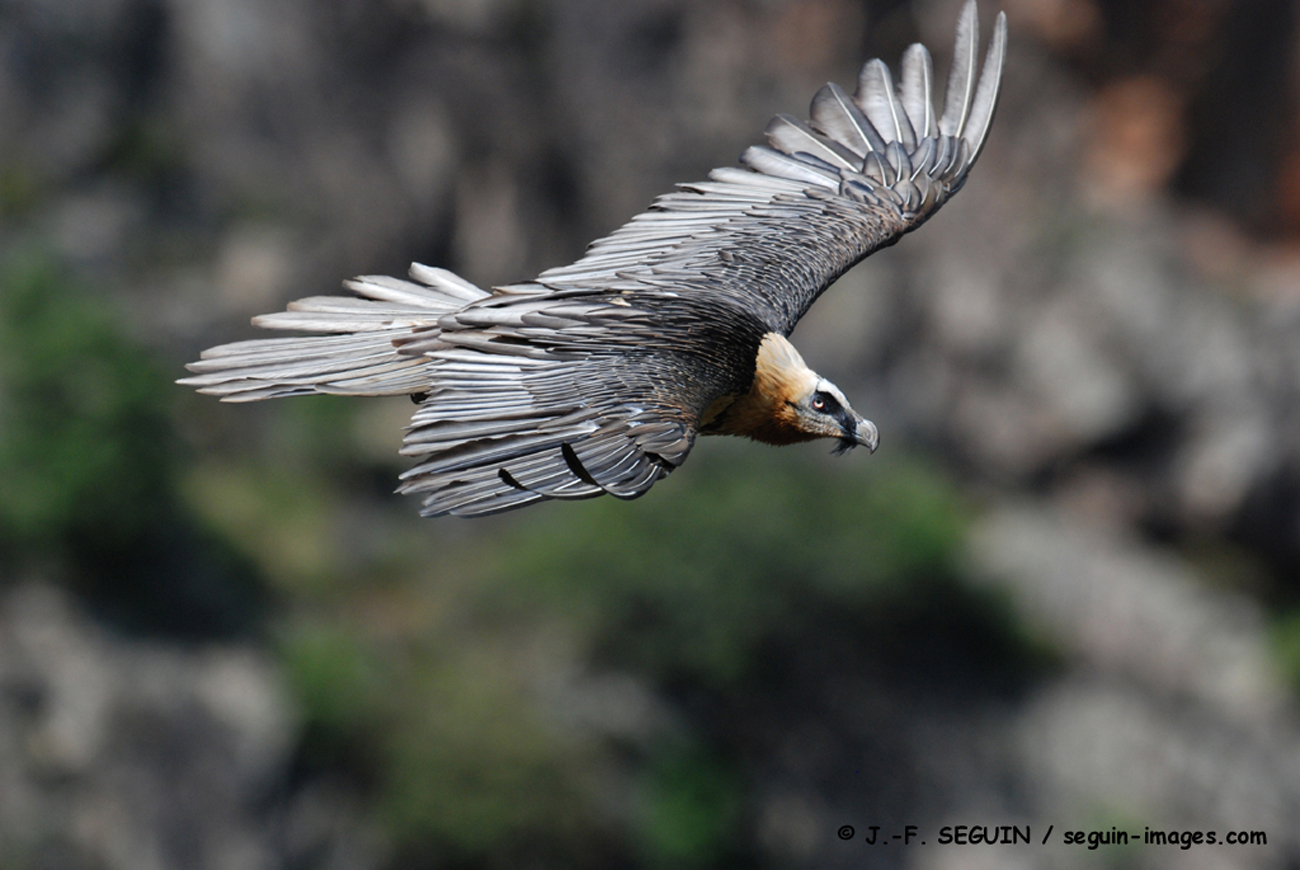Bearded vulture : access conditions to sensitive areas
Aiguille de Spenicazzia ( Routes Acqua di rocca and Candella di l’oro): Climbing is prohibited until April 30th 2022 inclusive.
Aiguille de Bonifatu ( Arete Nord ): Climbing is prohibited until April 30th 2022 inclusive.
General rules
The bearded vulture is an endangered species. To ensure conservation of this species, the practice of outdoor activities like climbing is restricted at the heart of the Zones of Major Sensitivity (ZSM): sites of Bonifatu and Restonica – Spenicazzia
– from November 1st to April 30th : All outdoor activities including climbing is prohibited during the vulture’s nesting and reproductions season (period of maximum sensitivity).
– from May 1st to August 14th : Climbing is authorized under condition.
Climbing is authorized in the absence of nesting and reproduction of the bearded vulture. Climbing become prohibited as soon as reproduction is noticed and communicated by the Regional Natural Parc (PNRC). Updated info can be found on this website, on the App and a sign will be put at the start of the approach paths
– from August 15th to October 31st : Free access. Climbing is authorized (period of least sensitivity).

The bearded vulture: a symbolic species of Corsica’s high cliffs
Despite the numerous actions implemented by the Regional Natural Parc of Corsica (PNRC) and the local partners (DREAL, OEC, ONF, ONCFS…), this species is considered “critically endangered“. Their reproduction rate is very low, and their numbers are decreasing. From 10 pairs in 2009, the Corsican population has been reduced to 4 pairs in 2016 plus a few individuals, making up a total no greater than around twenty birds.
In Corsica, the main problem encountered by this bird is the reduction in its food supply (animal carcasses) caused by the reduction in mountain pasture for sheep or goats, even if the population of wild mountain sheep has increased slightly in recent years.
Bearded vultures choose their nesting sites very carefully, taking into account numerous criteria: protection against bad weather, distance from fellow bearded vultures, other species and certain human activities. They nest in tafoni on big walls, also sought-after by climbers. Once the bearded vulture is settled, the bird remains there for the complete nesting season, except in the event of force majeure. If the nest is abandoned eggs are not laid a second time. These birds are very territorial, the nests generally remain unchanged for decades and are even passed on from pair to pair.
The bearded vulture is particularly sensitive to disturbance and human activity, especially noise, even on the walls or in the air. Climbing can cause additional stress when done near the nesting sites during nesting season.
To encourage conservation of this species, Zones of Major Sensitivity (ZSM) have been defined. At the heart of these zones, the practice of outdoor activities like climbing is restricted .
More info (only in french) : Le gypaète barbu en Corse
